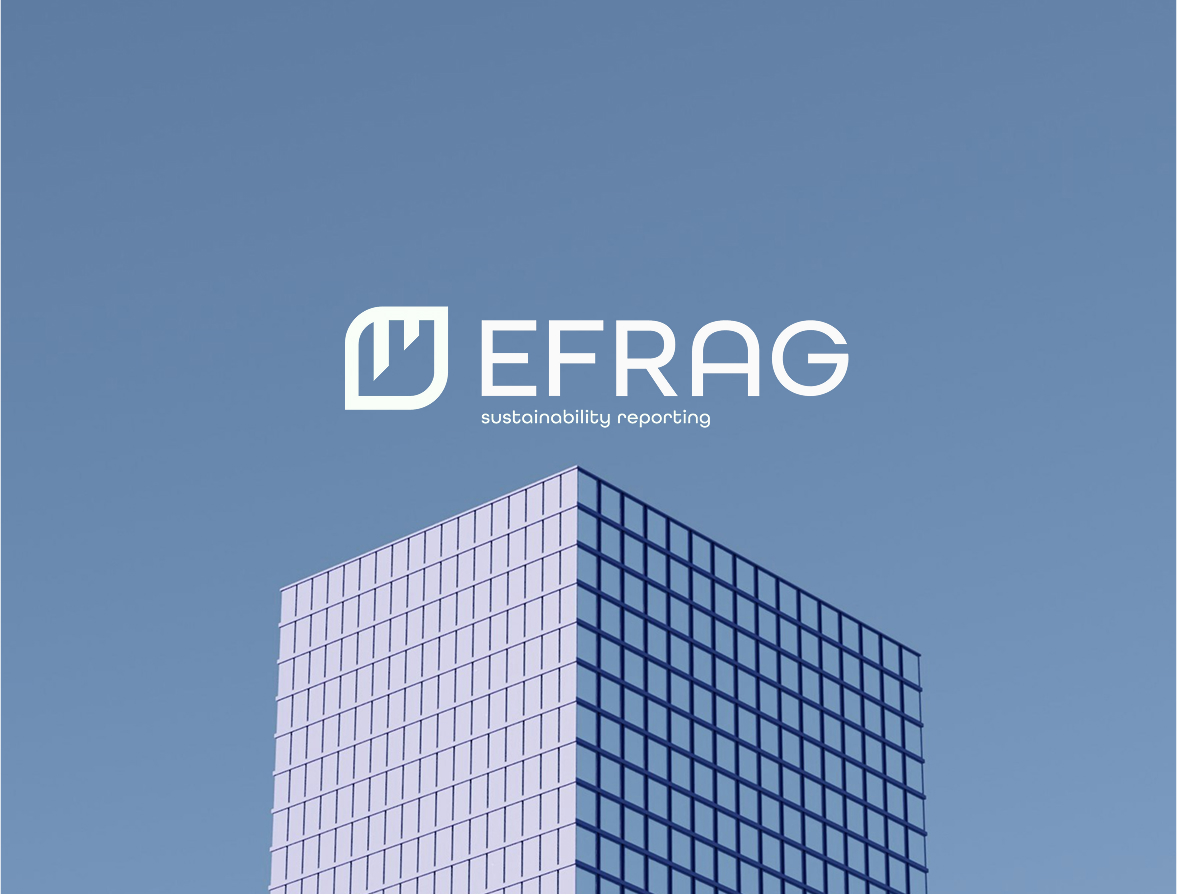Policies & Regulations
June 23, 2024


Policies & Regulations
June 23, 2024

The European Financial Reporting Advisory Group (EFRAG) has released the final guidelines for the implementation of the European Sustainability Reporting Standards (ESRS) at the end of May. Alongside these guidelines, EFRAG has also published the definitive list of data points included in the ESRS (EFRAG IG 3).
The first of the now available guidelines (EFRAG IG 1) focuses on materiality analysis. It begins by explaining the principle of double materiality and further details the process of conducting the analysis. The second finalized document (EFRAG IG 2) addresses the value chain. It starts with a definition of the term and explores how companies can collect data on this topic.
Though the guidelines issued by EFRAG are not mandatory, they provide valuable insights for companies on how to comply with the requirements of the ESRS. Additionally, EFRAG has released a list of further clarifications on the standards, addressing 68 relevant questions.
These finalized standards mark a significant step towards enhancing transparency and accountability in sustainability reporting across Europe. Companies now have a clearer roadmap to follow in reporting their sustainability efforts, which will ultimately contribute to more sustainable business practices and better-informed stakeholders.
Get the latest updates regarding carbon management, compliance, and industry news!